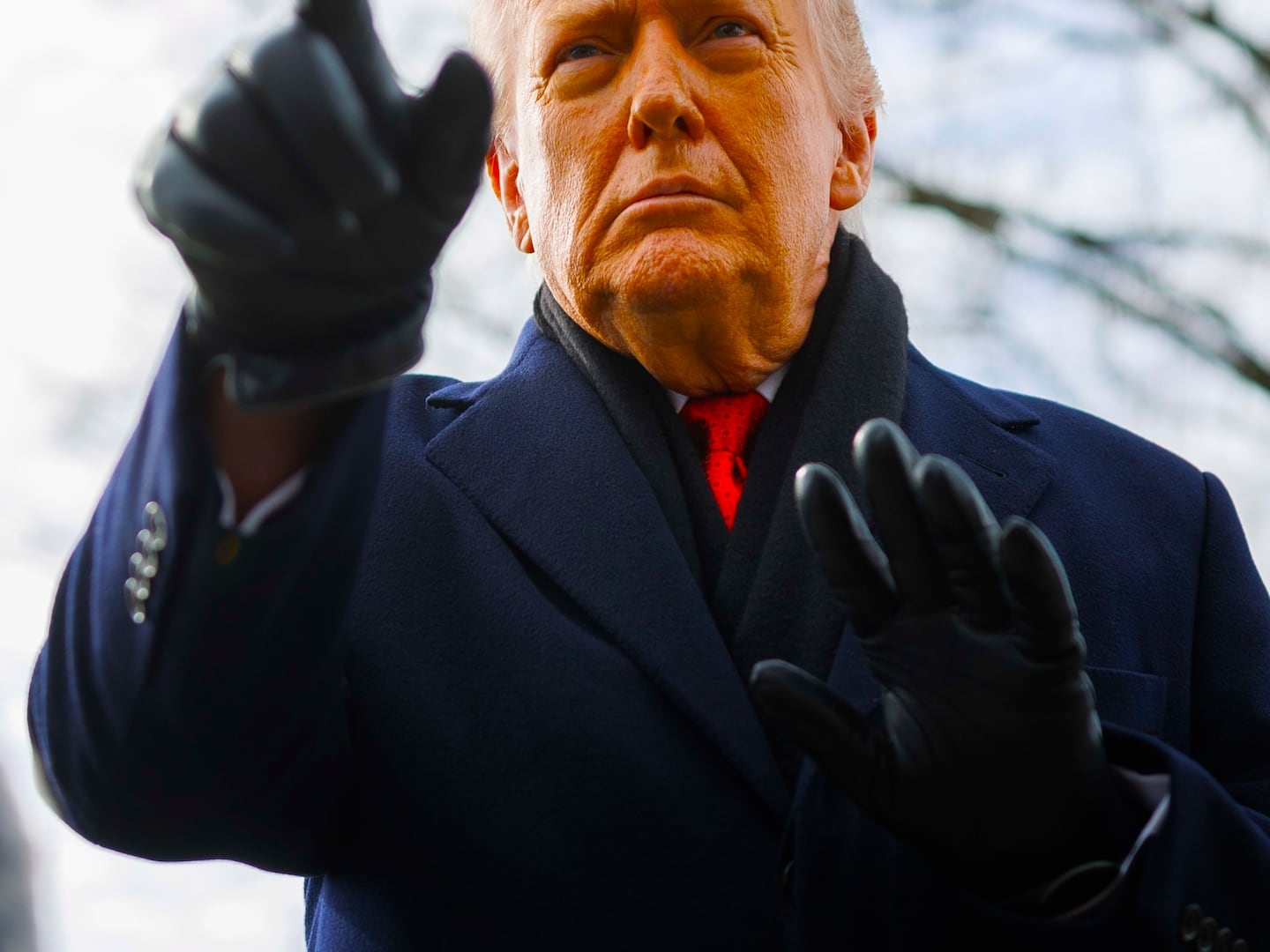
The infamous “47 percent” tape—the one that “defined” Mitt Romney for the 2012 election—was released in the middle of September. It consumed the political oxygen, and generated an intense amount of speculation: Was Romney doomed? Could Republicans recover? Does this guarantee President Obama’s reelection?
At the time, it looked like a glancing blow to the GOP campaign. But, in hindsight, it wasn’t. There was nothing about that video that changed the political landscape. The former Massachusetts governor saw a small decline in his numbers against Obama—going from a deficit of 2.8 points to 4 points—and a slight uptick in his un-favorability. At most, it was a few weeks of bad press, which were abruptly forgotten after his strong debate performance against the president. But even that didn’t last: In the end, the fundamentals prevailed and Obama won a small victory, as predicted by most models of the election.
This is all apropos of the GOP’s ongoing obsession with the tragedy in Benghazi. As Brian Beutler notes for Salon, conservatives are working furiously to “skew” the narrative for Hillary Clinton, who they assume will be the Democratic presidential nominee:
In the conservative bubble, the only thing diving toward impact faster than Obamacare is Hillary Clinton’s expected presidential candidacy, which is apparently doomed by a Senate Intelligence Committee report’s finding that the Benghazi attack could have been prevented. […]
In Rubin’s telling, this is “bridge gate times 1000 for Hillary” who’ll never be able to turn the page, unlike Chris Christie, who already has.
In the real world, “Benghazi” means little to the broader public, and has done little to diminish Clinton’s standing with the public. To wit, in the latest (meaningless) poll of the 2016 race, the former Secretary of State leads all competitors, including New Jersey Governor Chris Christie.
But let’s say that the real world reflected the conservative fantasy. Let’s say that, yes, the public was aware of Benghazi, and took it seriously as a political scandal. And let’s also say that this persisted through the midterm elections, and into the presidential primaries, so that—by 2016—Hillary Clinton was thoroughly identified with Benghazi. Would it mean anything for the presidential election? Would she be finished?
I doubt it.
Not only would Benghazi have to scare away the legions of Democratic donors in Clinton’s camp, but it would have to tank her standing with Democratic policymakers, elected officials, party leaders—local, state, and national—and key constituencies. In short, it would have to make her less viable than every other competitor in the field. And if she made it to the general election, it would have to overcome any advantage she may gain from economic performance, the president’s job approval, and other fundamentals.
In short, even in the GOP’s dream scenario—where “Benghazi” is as much a part of Hillary’s political biography as Gennifer Flowers and “Whitewater” were a part of Bill’s—it’s hard to imagine tremendous damage to her political career. And if economic conditions are good, and President Obama leaves with his popularity intact, then—even with Benghazi on her saddle—Clinton stands a good chance of winning the presidency.
Which is to make a point that, by now, should be obvious: Presidential elections are less about personalities and campaigns than they are about the economy. That’s not to say the former don’t matter—a strong candidate with a good campaign is a good bet against a weak one with a bad campaign—but that all things equal, broad conditions will affect the outcome more than controversies and scandals.
For what it’s worth, liberals should remember this as they salivate over potential consequences of “Bridgegate” for Chris Christie’s presidential aspirations. If there’s nothing that undermines his core credibility with Republican elites and party actors, then he remains a decent shot for the nomination. And if he wins the nomination, and the economic conditions are right (read: bad), then there are few things that could derail his path to the White House.






